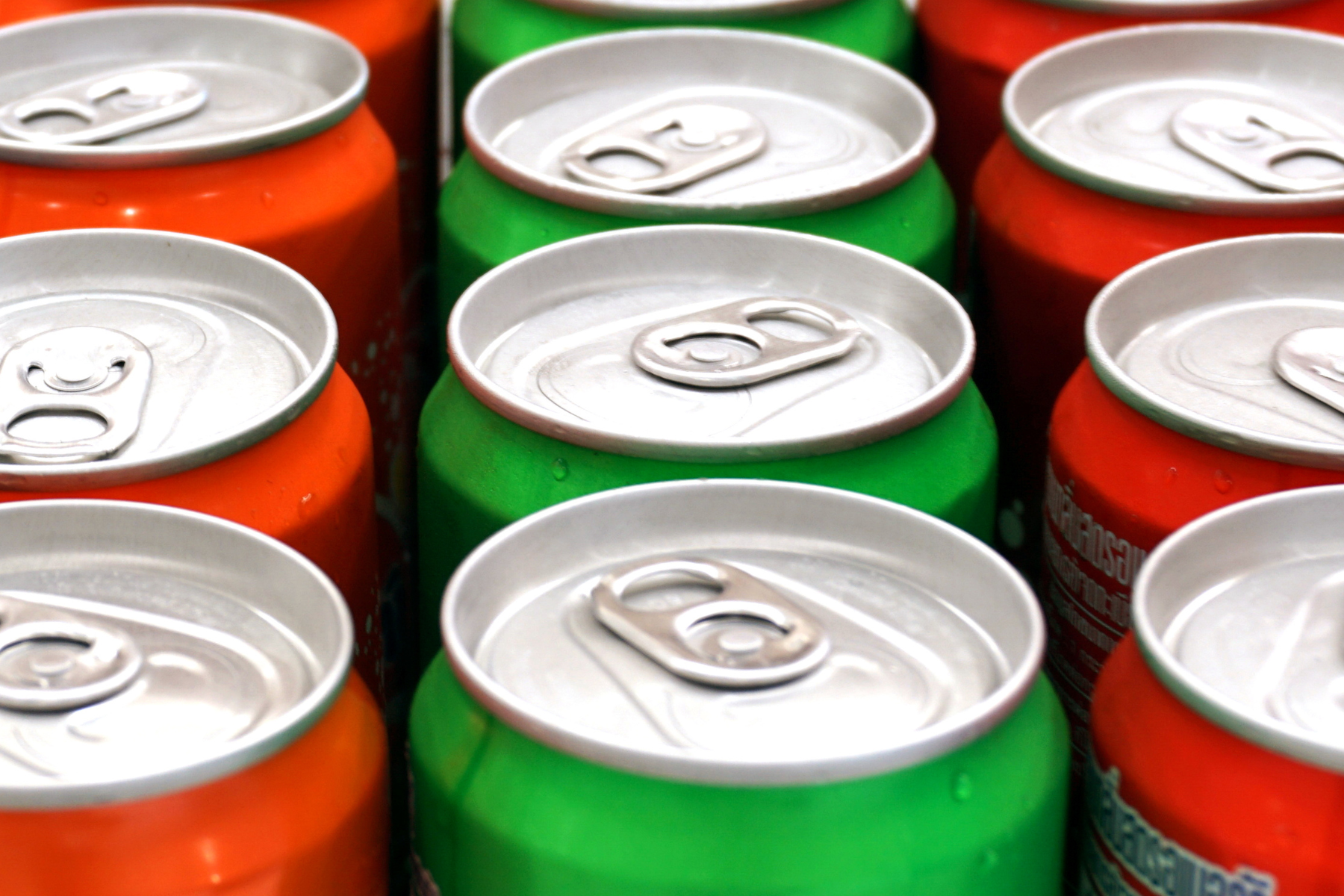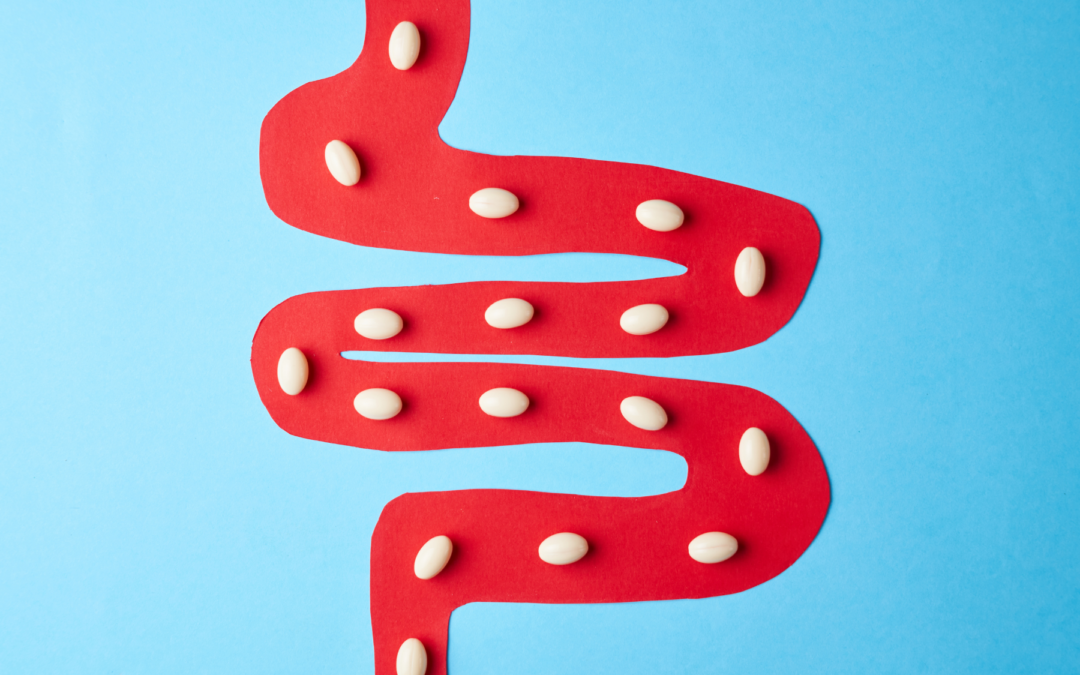A very common theme in the world of nutrition is clients switching from regular soda to diet/zero sodas with the goal to lose weight or for blood sugar control. This makes sense. Trade a high-calorie beverage for a low or no-calorie beverage, and the end result will be weight loss. Sadly, it’s not always that easy. Weight loss can be a result of making the switch, but it’s not guaranteed. PLUS it may hinder you from reaching your long-term weight loss goals.
Soda, similar to other caloric beverages contains, “empty calories” meaning the calories do not offer any nutritious benefit. You may say, “well my diet coke or coke zero doesn’t have any calories”. The problem is that calories are not the only downfall of drinking soda. Artificial sweeteners are added to the diet and sugar-free options which can have a negative impact on overall health as well as reaching those weight loss goals.
What are Artificial Sweeteners?
To start off, let’s discuss artificial sweeteners and their effects on our bodies. The most popular artificial sweeteners include sucralose, acesulfame potassium, and aspartame. These sweeteners are found in a variety of food products, but mainly in carbonated drinks.
An article stated that a food ingredient search found that 3,648 of these ingredients contain at least 1 of the 5 FDA-approved artificial sweeteners… they are everywhere! This is why it is important to limit the intake in your diet where you can, starting with sodas.
How do Artificial Sweeteners Affect Weight Loss Goals?
So how do these sweeteners affect our bodies? It has been found that artificial sweeteners increase human appetite. A study observed participants eating a meal with natural sugar and their appetite decreased. This was compared to a meal with artificial sweetener, the participant either ate the same or more than normal.
This could be correlated to the artificial sweeteners affecting the hunger hormone, ghrelin. Ghrelin’s function is to send hunger cues to the brain when the stomach is empty.
Research showed that this hormone increases with soda consumption and therefore would lead to increased hunger.
In a different study, participants consuming artificial sweeteners had a higher motivation to pick more foods on a food preference list. Artificial sweeteners enhance sugar cravings and could lead to more sugar dependence. All of these factors can lead to weight gain or affect your ability to reach your weight loss goals.
What does the Research Say?
The research comparing regular soda to diet/zero sodas for weight loss goals has shown mixed results. It is important to note that human research on this topic can only be based on subjective data and voluntary diet control. This can have an impact on the results being presented and explain why the results are mixed.
As mentioned above, artificial sweeteners can play tricks on the brain and can lead to increased hunger. An article explained it this way, when you crave something sweet with calories your body can sense when it is full. If you consume something sweet without calories then your body and brain don’t sense the satisfaction.
All of this being said, drinking regular soda isn’t necessarily the healthier option. To be brutally honest, the best way to overcome the soda debate is to not drink soda. People who are trying to lose weight and/or are diagnosed with diabetes may benefit from the switch. The overall goal should be to limit drinking soda.
The Bottom Line
We all know drinking water is the best option when it comes to beverage options. For the people who get bored of drinking water, there are also alternative choices like sparkling water for the carbonation feeling, or adding fruit to water for natural sweetness. There are tons of resources online to help increase water intake and add flavor to the beverage. Finding a soda substitute would be the best option for anyone, especially if weight loss is a goal. Start drinking soda as an occasional treat, instead of a daily routine!
References
1. Peters, J. C., Beck, J., Cardel, M., Wyatt, H. R., Foster, G. D., Pan, Z., Wojtanowski, A. C., Vander Veur, S. S., Herring, S. J., Brill, C., & Hill, J. O. (2015). The effects of water and non-nutritive sweetened beverages on weight loss and weight maintenance: A randomized clinical trial. Obesity, 24(2), 297–304. https://doi.org/10.1002/oby.21327
2. Yang Q. (2010). Gain weight by “going diet?” Artificial sweeteners and the neurobiology of sugar cravings: Neuroscience 2010. The Yale journal of biology and medicine, 83(2), 101–108.
3. Robert H. Shmerling, M. D. (2021, March 22). Zero weight loss from zero calorie drinks? say it ain’t so. Harvard Health. Retrieved March 14, 2023, from https://www.health.harvard.edu/blog/zero-weight-loss-from-zero-calorie-drinks-say-it-ain t-so-2021032222204
4. Aubrey, A. (2021, October 7). Diet Soda may prompt food cravings, especially in women and people with obesity. NPR. Retrieved March 14, 2023, from https://www.npr.org/sections/health-shots/2021/10/07/1044010141/diet-soda-may-prompt -food-cravings-especially-in-women and-people-with-obesity
5. Author Denver Health Medical Plan Staff Writer. (n.d.). Is diet soda hindering your weight loss? Is Diet Soda Hindering Your Weight Loss? | Denver Health Medical Plan. Retrieved March 14, 2023, from https://www.denverhealthmedicalplan.org/blog/diet-soda-hindering-your-weight-loss







